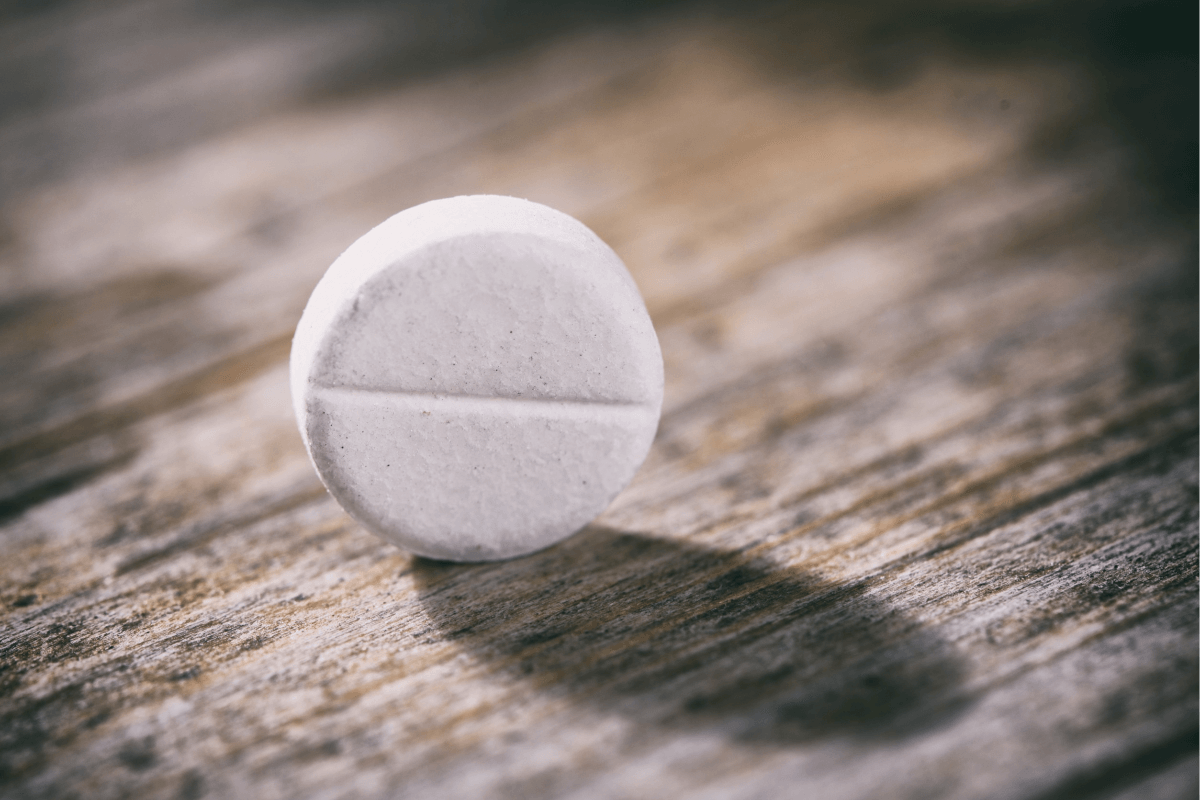This benefit was significant globally, even in patients with cirrhosis or those infected with the hepatitis B or C virus.
Aspirin use reduces the risk of hepatocellular carcinoma (HCC) by 30%, according to a large meta-analysis of 19 clinical trials involving more than 2 million people.Taking into account studies conducted in Europe and the US, the risk reduction was greater and less … + read more
Surgical innovation improves liver cancer treatment
Liver cancer is the most common liver cancer: 60% to 90% of cases are associated with cirrhosis. + read more
Pembrolizumab advances in cholangiocarcinoma
In previously untreated patients, it can prolong survival in combination with chemotherapy without new toxicities. + read more
MD Anderson Cancer Center Madrid, a world leader in oncology
MD Anderson Cancer Center in Houston ranks among the top 300 hospitals worldwide dedicated to cancer care. + read more
Drinking coffee may protect against endometrial cancer risk
Coffee drinking has ‘protective effect’ on endometrial cancer risk. + read more
Risk-model-based lung cancer screening strategy may be more effective than more classical strategies
Future recommendations should consider incorporating individual lung cancer risk models, as suggested by a recent study. + read more
Trends and Challenges of Therapeutic Cancer Vaccines
Vaccines, traditionally considered the best therapy to prevent infectious diseases, are now intending to move it into the field of cancerous tumors. In this sense, a “boom” has been generated by exploring its application, especially in the field of immunotherapy, as a therapeutic alternative to defeat cancer in the near future. + read more

